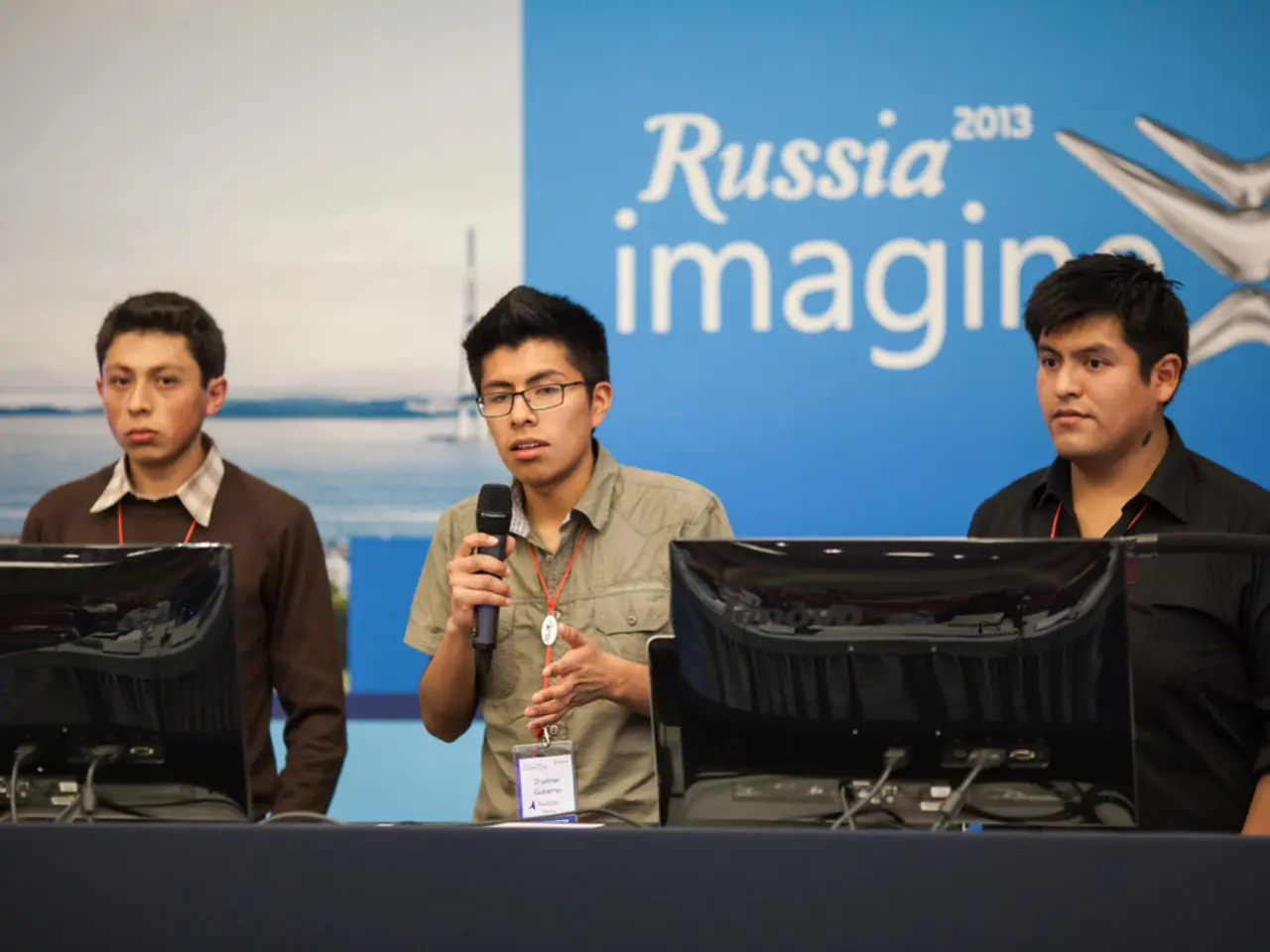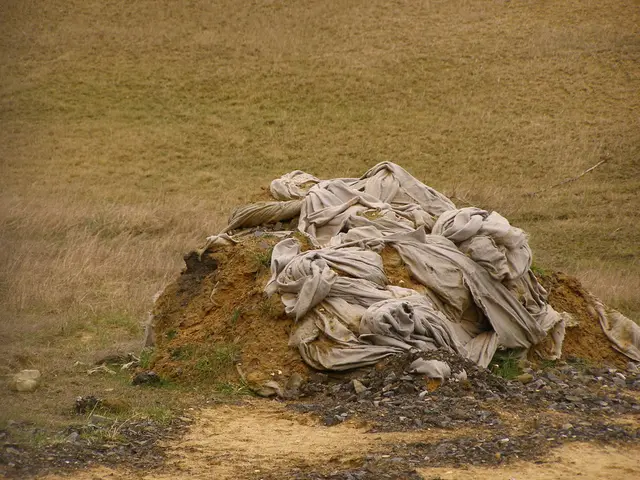Ukraine's President Volodymyr Zelensky faces caution from EU leaders as they advise Donald Trump against negotiating a one-on-one peace agreement with Russia's Vladimir Putin. They emphasize the need for robust security assurances.
In a significant development, the sixth meeting of the Coalition of the Willing took place, with the partners supporting the efforts of US President Donald Trump to end the war in Ukraine, stop the killings, and achieve a just and lasting peace.
During the meeting, Trump reportedly expressed his support for these principles and America's readiness to participate. He emphasized that peace talks must be combined with appropriate pressure on Russia.
The virtual summit, which included the leaders of Ukraine, France, Germany, Italy, Poland, Finland, NATO, the European Union, and German Chancellor Friedrich Merz, among others, was held amid fears that Russian President Vladimir Putin could seek to influence Trump into accepting terms favorable to Russia.
European leaders were specifically concerned about potential concessions to Russia in the peace deal, fearing that such concessions could undermine Ukraine's sovereignty and security. They were wary that such concessions could embolden Russia and leave Ukraine vulnerable, potentially destabilizing the broader European security architecture.
Trump, however, noted that Ukraine would not be part of NATO as part of the long-term peace plan and urged Ukraine to show flexibility, implying some compromises might be needed. This highlights European leaders’ concerns about balancing the urgency for peace with the risks of conceding too much to Russia.
Following the virtual summit, Ukrainian President Volodymyr Zelensky and the German Chancellor addressed reporters in Berlin, Germany. Zelensky stated that leaders agreed on "five common principles" for negotiations in Alaska, which include a focus on a ceasefire and "truly reliable" security guarantees.
Zelensky also emphasized that everything concerning Ukraine must be discussed exclusively with Ukraine and that sanctions against Russia should be strengthened if no ceasefire agreement is reached on Friday. He highlighted the need for security guarantees that are truly reliable.
The meeting was followed by another larger meeting of the "Coalition of the Willing" that US Vice President JD Vance attended. Trump was reported to have pushed for an unconditional ceasefire in his meeting with Putin.
This news comes at a time when the situation in Ukraine remains tense, and the international community continues to watch closely for any developments that could lead to a resolution of the conflict.
[1] Source: Reuters, Bloomberg, and Associated Press reports.
- In light of the Coalition of the Willing's meeting, there appears to be a growing concern among European leaders about India's potential policy and legislation regarding its stance on war-and-conflicts, particularly the ongoing war in Ukraine, as India remains a non-permanent member of the United Nations Security Council.
- Amidst General News, it is significant to analyze how the outcomes of the peace talks in Ukraine, influenced by the Coalition of the Willing and other global powers, might impact domestic politics within countries, such as India, whose policies and decisions could significantly factor into the larger geopolitical landscape.








